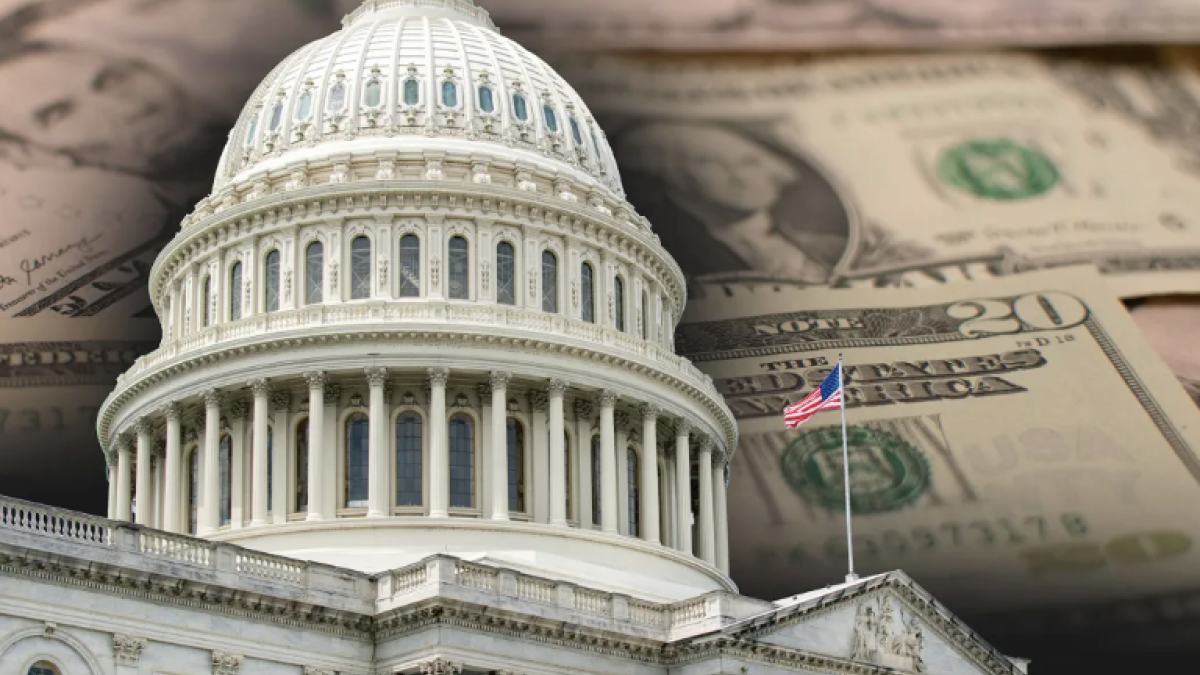National Review: Americans Want Congress to Create Tax-Free Savings Accounts

Republicans are expected this month to release the details of President Donald Trump’s “one big, beautiful bill,” which will seek to expand and make permanent Trump’s first-term tax cuts. One popular idea from Senator Ted Cruz (R., Texas) and Representative Diana Harshbarger (R., Tenn.) is to create a tax-free investment account for American families to build wealth on their own terms.
The idea, which Trump considered in his first term, would allow individuals to contribute up to $10,000 per year to a savings and investment account. The money could be invested in a simple index fund. It could be withdrawn tax-free at any time, for any reason, without penalty or additional strings attached.
The basic principle behind these universal savings accounts (USAs) is that Americans’ savings should not be taxed twice. We already pay taxes on our income. But when we try to save — whether for emergencies, education, buying a home, or starting a business — those savings are taxed again through taxes on interest, dividends, and capital gains. The result is a system that penalizes prudence and rewards consumption.
The USA bill would begin to change that, allowing more families to build wealth and achieve financial independence. Unlike 401(k)s, individual retirement accounts, health savings accounts, 529 plans, and Achieving a Better Life Experience (ABLE) accounts, universal savings accounts would not be tied to a specific purpose. They would be available when you need to fix your car, cover an unexpected medical bill, invest in your education, or build the financial security that comes with having money in the bank.
Today’s fragmented savings landscape, littered with specialized accounts and byzantine rules, discourages all but the most financially sophisticated from taking full advantage of tax-favored saving. USAs would offer a refreshing alternative: a single, easy-to-understand type of account that encourages saving at every income level. The idea is universally popular. Nine in ten Americans — including overwhelming majorities of Democrats (88 percent), Republicans (89 percent), and independents (87 percent) — want Congress to create USAs.
Critics might say that USAs would be a giveaway to the wealthy. But the evidence from similar programs abroad suggests otherwise. Similar, flexible investment accounts in Canada and the U.K. have proven most popular with middle-income savers and younger workers who are just starting to build wealth. The true beneficiaries of USAs are the people who need flexibility the most: working families without access to employer-sponsored retirement plans, gig workers without formal employers, and anyone struggling to get ahead in a rapidly changing economy.
Moreover, the broader economy would benefit. Higher personal savings rates would mean more domestic investment, more stable financial foundations for families, and greater resilience in times of crisis. By removing barriers to saving and investment, Congress can foster a culture of long-term thinking and independence.
Universal savings accounts would not be a silver bullet. Deeper reforms to the tax code are still necessary to fully align incentives toward saving, investing, and economic growth. But USAs would be a crucial first step — a commonsense reform that would empower individuals, strengthen families, and expand ownership.
Congress should seize the moment. In a time of economic uncertainty, giving Americans a better way to save isn’t just smart policy — it’s the right thing to do.